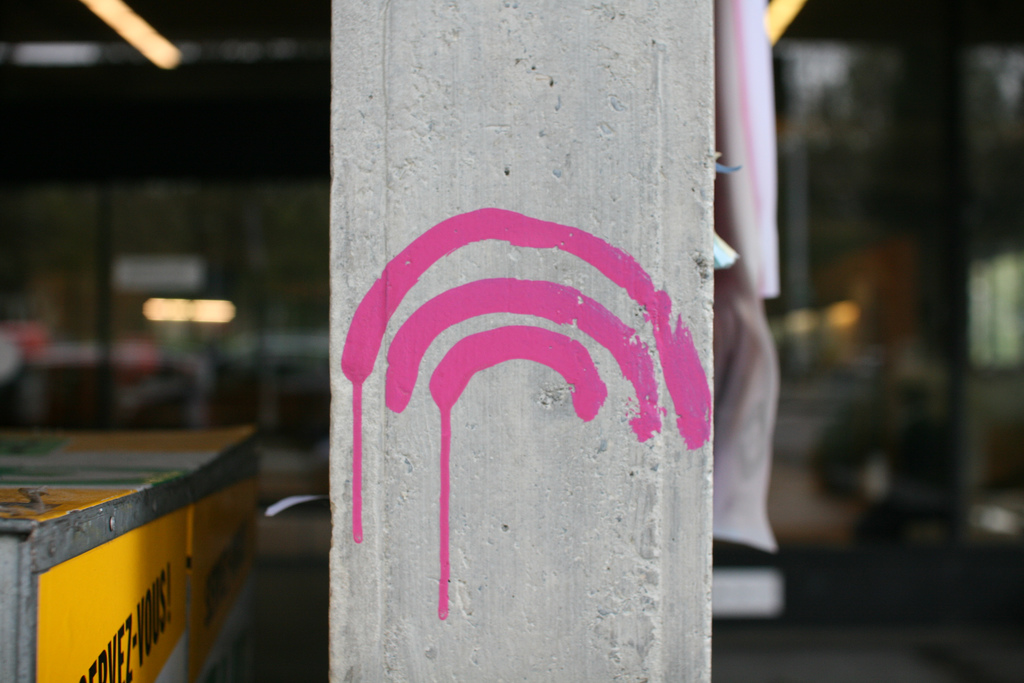
It's not much of a stretch to see why the carriers would like this: every time you use a hotspot instead of using your phone or device's metered data-plan, they lose revenue.
Also, as the strikes get higher, there are two things to be aware of: ISPs are then more likely to hand over info to the copyright holders, meaning that it could still lead to copyright holders directly suing. That is, the "mitigation" factors are not, in any way, the sum total of the possible consequences for those accused. On top of that, we still fully expect that at least some copyright holders are planning to insist that ISPs who are aware of subscribers with multiple "strikes" are required under law to terminate their accounts. At least the RIAA has indicated that this is its interpretation of the DMCA's clause that requires service providers to have a "termination policy" for "repeat infringers." So it's quite likely that even if the ISPs have no official plan to kick people off the internet entirely under the plan, some copyright holders will still push for exactly that kind of end result.

No comments:
Post a Comment